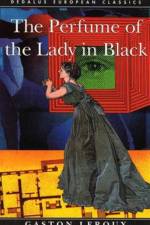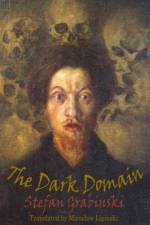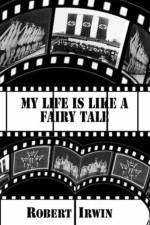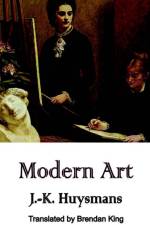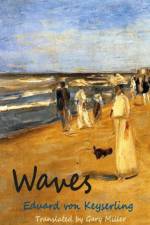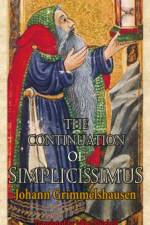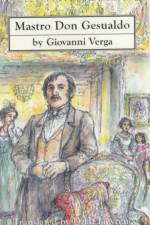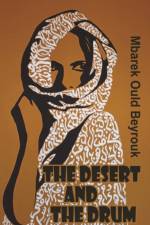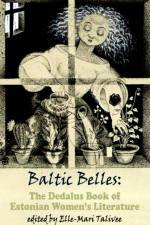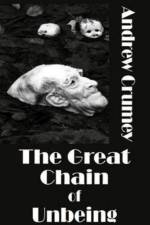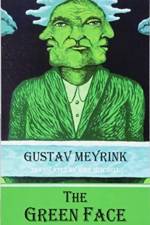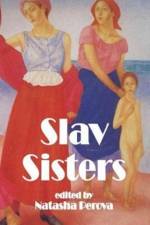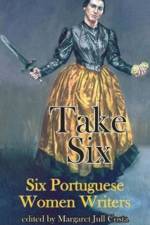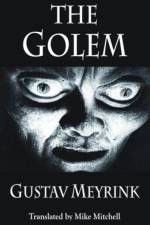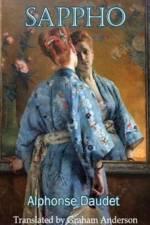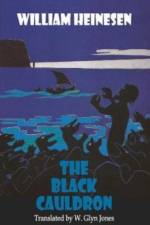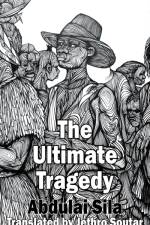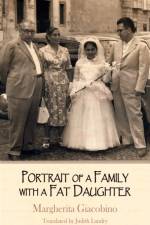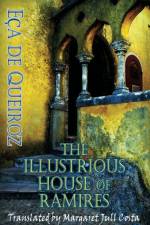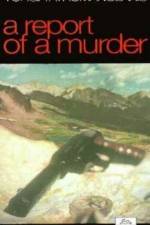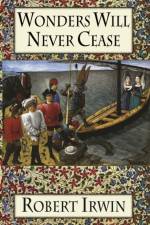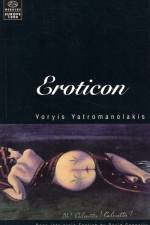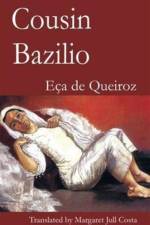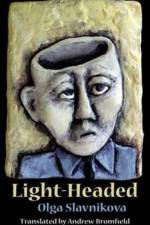av Eca de Queiroz
199
Cousin Bazilio is a tale of sexual folly and hypocrisy and vividly depicts life in nineteenth-century lisbon. Eca gives us a whole gallery of characters from Bazilio, the suave villain to Jorge, the smugly uxorious husband, from Luiza, the bored empty-headed wife to Juliana, the plain, ailing maidservant desperate, by whatever means, to grab some of life's little luxuries, from Leopoldina, nicknamed' the Ever-Open Door', to Joana the cook and her affair with the tubercular carpenter who lives opposite, and the voluminous Dona Felidade who nurses an entirely unrequited passion for the unbearably pompous Acacio, who lives in concubinage with his much younger housekeeper, who is also having an affair... 'Adultery, blackmail, sentimentality and lust all come under Eca's scrutiny. Sins are scattered amid a gallery of vivid characters, central of which are the adulterous heroine, her first love, the cuckolded husband, and most importantly, the maid. This cunning portrayal of life below stairs casts a cold eye across the hypocrisy of 'respectability, ' recreating the sultry summer heat of Lisbon and the tensions and passions underlying both the refinements of the wealthy and the loyalty of the servants. Sheer brilliance.' The Good Book Guide

